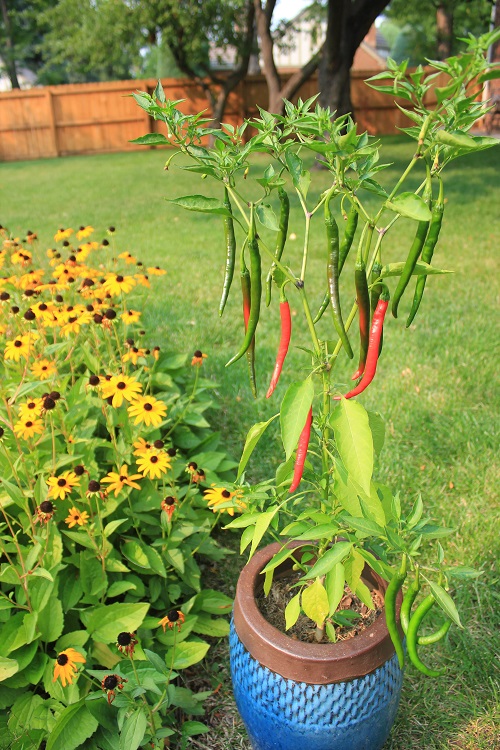Here’s a list of 8 Vegetables Not to Plant Together to ensure a bountiful harvest and the best taste!
While many plants love company, this is not true for all. There are vegetables you should plant separately to prevent competition for nutrients and reduce the chances of pests, disease, loss of flavor, or stunted growth.
Vegetables You Should Never Grow Together
1. Peppers and Beans
You may love a dish that combines peppers and beans, but these plants should be grown separately on the ground.
Why? Because both are heavy feeders and love full sun, both consume a lot of nutrients and deplete the soil. This leads them to compete, resulting in poor growth and lower yields.
2. Kale and Cabbage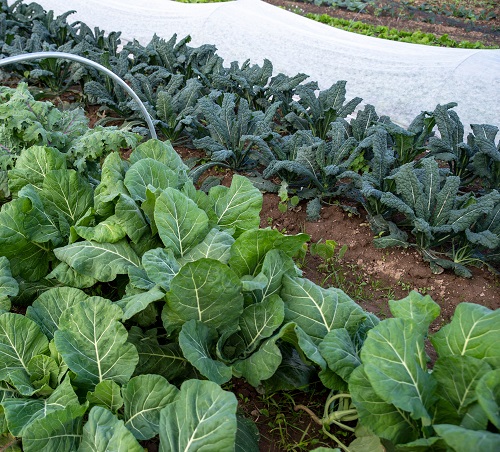
Avoid pairing kale with cabbage, which requires the same essential micronutrients and minerals, leading to competition. As a rule, it is ill-advised to plant vegetables from the same family in the same spot year after year because this leads to depleted nutrients in the soil.
Regarding our leafy veggies in question, both attract pests such as cabbage worms and flea beetles, resulting in double the infestation.
3. Potatoes and Tomatoes
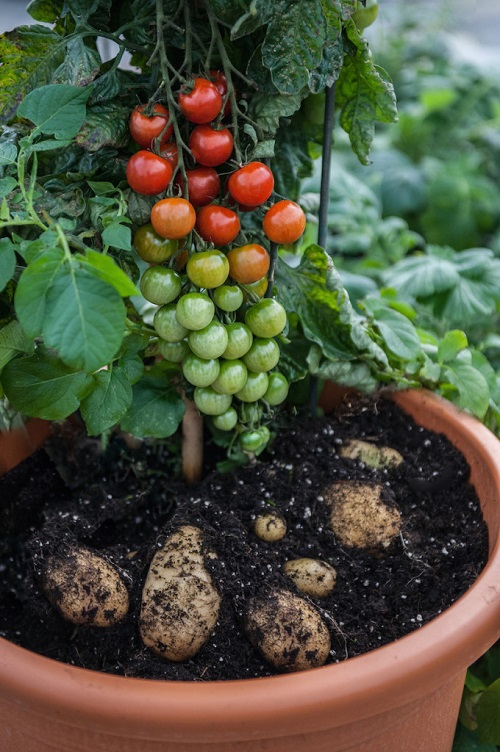
Since potatoes and tomatoes belong to the nightshade family, both are susceptible to similar diseases, such as blight.
By planting them together, you increase the risk of disease transmission. Plus, they compete for the same nutrients, which can hinder growth.
4. Onions and Beans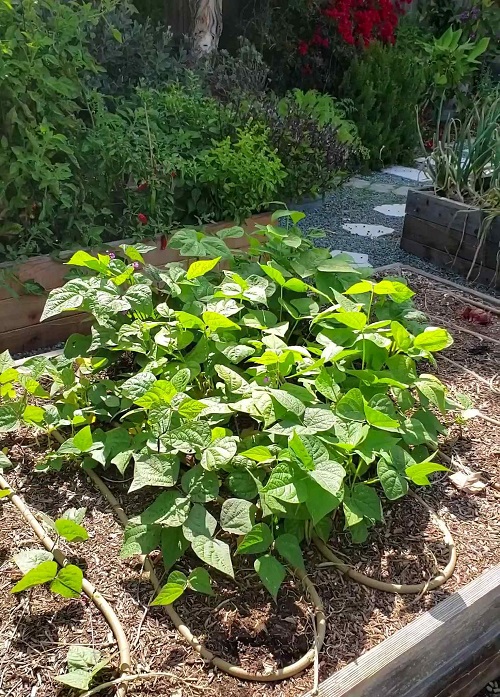
When you grow onions and beans together, they can stunt each other’s growth. Beans require more nitrogen, while onions do not.
Additionally, they have different watering needs, which makes them an imbalanced pairing.
5. Broccoli and Cauliflower 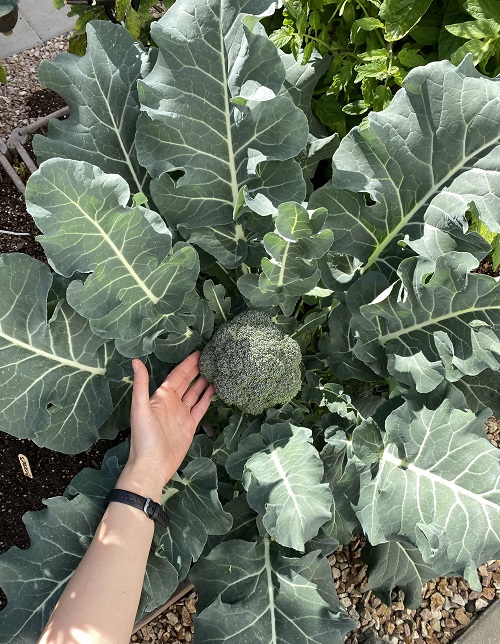
Broccoli is considered one of the most nutrient and protein-rich vegetables and a favorite among diet-conscious people.
Both vegetables produce chemicals in their roots to discourage pests, which, unfortunately, also hinder the growth of each other.
6. Cucumber and Sage
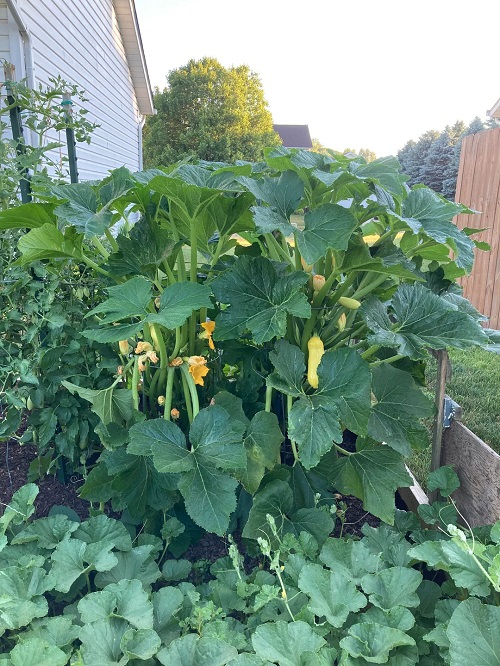
Best kept apart, cucumbers and aromatic herbs like sage compete for space, nutrients, and sunlight and have different watering needs.
Majorly, sage’s strong fragrance can alter cucumbers’ flavor and inhibit their growth.
7. Potatoes and Zucchini
Another awkward pairing, both potatoes and zucchinis are heavy-feeders keeping all soil nutrients to themselves.
Apart from attracting the same pests, potatoes can spread diseases like late blight, which can also affect zucchinis.
8. Pumpkins and Squash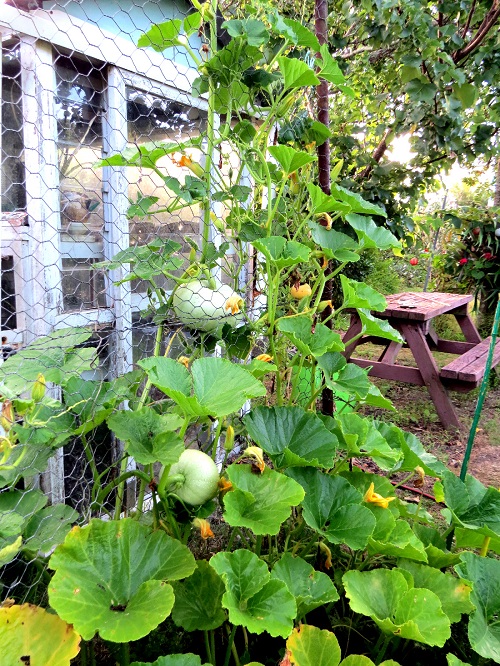
While you might be tempted to plant cucurbit vegetables like pumpkins and squash together, remember what we said about planting from the same family?
Both these veggies compete for the same nutrients, space, and water and attract similar pests, such as squash bugs.
With these tips, understand your plants better, know their foes and maximize your edible harvest. Share your own winning combos or cautionary tales in the comments below!


